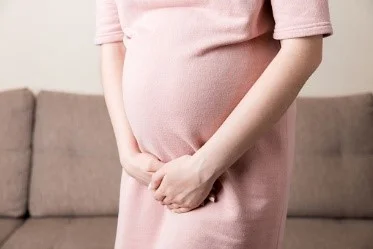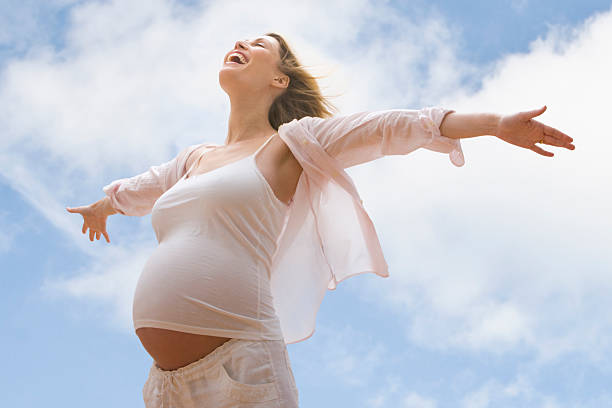What is Postpartum Incontinence?
Postpartum incontinence refers to urinary incontinence, which is the involuntary partial or full release of the bladder after pregnancy and childbirth.
Looking for a postpartum incontinence treatment? Every woman’s life gets drastically transformed right from her pre-delivery to the delivery and postpartum phase. Changes that they experience occur at different levels such as physical, psychological, emotional, and hormonal.
We all know that every mother goes through unbearable pain in their body during baby delivery. This is due to repetitive contractions in the pelvis and uterus, alongside with Braxton Hicks contractions (false pains) and intense pressure in the cervix that altogether makes labor a nightmare. Different muscles in these areas undergo extreme pressure to push the baby out from the womb for successful baby delivery. This pressure weakens the pelvic floor muscles, resulting in an overactive bladder that causes involuntary control of urine in mothers leading to a condition known as postpartum incontinence.

How Postpartum Incontinence Occurs?
Incontinence in mothers is usually caused by multiple factors like hormonal changes along with the increased weight of the fetus, pressure due to stretching of muscles during delivery that create a prolapsed pelvic floor, damaged nervous system, unhealthy habits like smoking, obesity of the mother, and also multigravida women are increasingly exposed to postpartum incontinence. This condition usually takes a few weeks or months after delivery to recover but differing among individuals it may also take about a year or more for recovery.
What are the Types of Postpartum Incontinence?
Based on the cause behind the bladder dysfunction, Incontinence is classified into different types:
URGE INCONTINENCE
Involves the sudden urge or the intense need to urinate immediately thereby having an involuntary loss of urination. This occurs due to bladder tension or nervous disorder.
STRESS INCONTINENCE
Any activity that creates unwanted or additional stress to the abdomen results in no control of holding the urine leading to stress incontinence. This occurs during sneezing, laughing, coughing, lifting, jogging, running, or any exercise.
MIXED INCONTINENCE
Many people tend to have a combination of the symptoms of both urge incontinence and stress incontinence which results in a condition known as mixed incontinence.
Postpartum Incontinence Treatment
There are various methods to provide necessary treatment to increase the strength and elasticity of the pelvis in order to terminate postpartum incontinence. ELLE TENS Plus is a potential maternity TENS device (Transcutaneous Electrical Nerve Stimulation) that uses mild electrical pulses to relieve multiple degrees of labor pain, including extreme contraction pain. ELLE TENS Plus has various modes, providing remedies during both pre-delivery and post-delivery.
ELLE TENS Plus is accompanied by a simple yet powerful digital pelvic floor stimulator called Sensa probe, designed to tone and strengthen pelvic floor muscles and effectively treat or prevent incontinence. The Pelvic mode in ELLE TENS + treats postpartum incontinence using programs preset in the device.
There are 4 programs in the Pelvic mode:
Program 1: Urge Incontinence – 30 minutes
Program 2: Stress Incontinence – 30 minutes
Program 3: Mixed Incontinence – 45 minutes
Program 4: After Care –45 minutes (An optional mode that can be used directly after treatment with the other modes or as a maintenance mode or after you have achieved improvement in your condition)
Each of the above programs is used specifically to treat a particular type of incontinence and the treatment lasts for a specified duration mentioned. The pelvic floor toner creates a massaging sensation in muscles which in turn helps in regaining the strength of the pelvic floor muscles, helping in the effective treatment of postpartum incontinence. It is important to use the pelvic floor toner only after the 12th week of delivery since the abdominal muscles have undergone extreme pressure during labor, which requires self-healing time.





